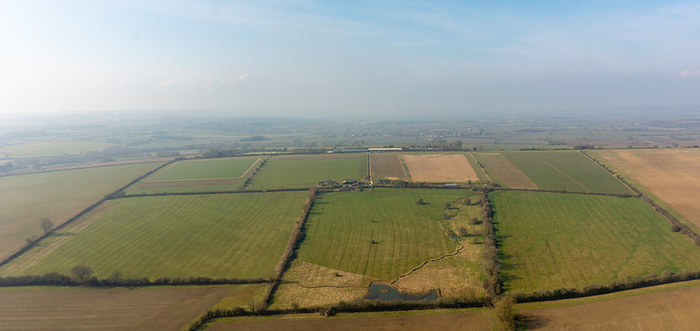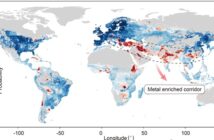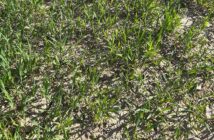Gloucestershire farmers, growers and rural food start-ups can now benefit from £398k of funding to boost regenerative agriculture.
The GREAT Project, which stands for Gloucestershire Regenerative Environment and Agriculture Transition, has launched its offer of free and subsidised advice, knowledge exchange, mentoring and enterprise support. It also features an education bursary and a small grants scheme for those seeking small amounts of cash for farm-based enterprises, such as start-up costs or crucial pieces of equipment.
The scheme, which is funded for three years by the Thirty Percy Foundation, aims to make Gloucestershire a leading county in regenerative agriculture, which is a growing farming movement that emphasises building soil carbon and structure. Although the project’s offerings are free or subsidised only to those farming in Gloucestershire, many of their events are available at full cost to anybody.
In addition to its knowledge exchange events, led by Oxon-based trailblazers, FarmED, the project is offering a series of ‘enterprise bootcamps’ and webinars, led by the School of Enterprise at the Royal Agricultural University (RAU), for rural food start-ups. The first bootcamp is set to begin on 10th September 2021, with 25 spaces free of charge to those in Gloucestershire.
RAU’s David Bozward commented, “With farming changing so rapidly, there is an opportunity to develop products and routes to market that capitalise on the post-Brexit drive for ecosystems services in farming. We’re fortunate to be able to support that transition by helping people to develop their ideas for financially sustainable rural businesses.”
From the autumn, new entrants to farming will be able to sign up for mentoring and advice on accessing land. Those already farming in Gloucestershire can already access free advice from the Farming and Wildlife Advisory Group (FWAG SouthWest) or join a mentoring programme so that those beginning the transition to regenerative agriculture can benefit from the support of their peers.
Jenny Phelps MBE, Senior Farm Environment Advisor at FWAG South-West, emphasised the importance of peer-to-peer sharing of evidence for the regenerative agriculture model, saying “Farmers want to act on climate change and make their businesses more resilient. Many are sharing their considerable experience with us so we can make it available on our website as case studies and videos for inspiration and learning.”
Data gathered by farmers can also be used to prepare to receive collective investment for nature recovery, which is increasingly on offer from government and green finance initiatives. Phelps went on to explain that “A network of mentors, advisors and local convenors can then facilitate farmers to join forces in groups to build local supply chains that deliver clean water, more wildlife, and healthier food to their local communities.”
Project Manager, Bea Oliver, invites Gloucestershire farmers, landowners, growers, and rural food start-ups to get in touch to find out where The GREAT Project can help you in your regenerative journey. Visit www.greatglos.co.uk to find out more and get in touch.




